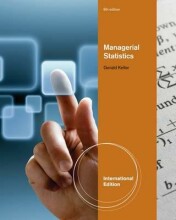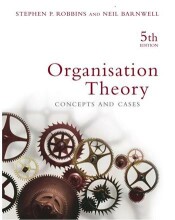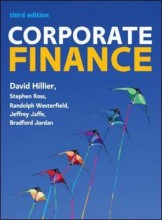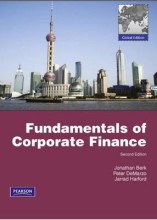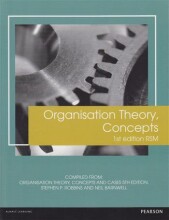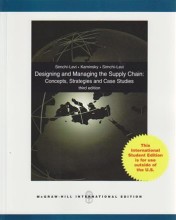Warrants and convertibles
6 important questions on Warrants and convertibles
What is a warrant?
What are the differences between warrants and call options?
2. Call options are issued by individuals and warrants by companies
3. When a warrant is exercised, new shares have to be issued, causing dilution
What is a convertible bond?
- Higher grades + faster learning
- Never study anything twice
- 100% sure, 100% understanding
What is the conversion premium?
What 3 components make up the value of a convertible bond?
2. Conversion value - the value the bonds would be worth if they were immediately converted into equity at current prices
3. Option value - waiting on value change
What are the reasons for issuing convertible bonds?
2. Risk synergy - when you don't know the risks yet
3. Agency fees - incentives for creditors to force companies into low-risk activities
4. Back door equity - equity is added, but not the normal way
The question on the page originate from the summary of the following study material:
- A unique study and practice tool
- Never study anything twice again
- Get the grades you hope for
- 100% sure, 100% understanding





















